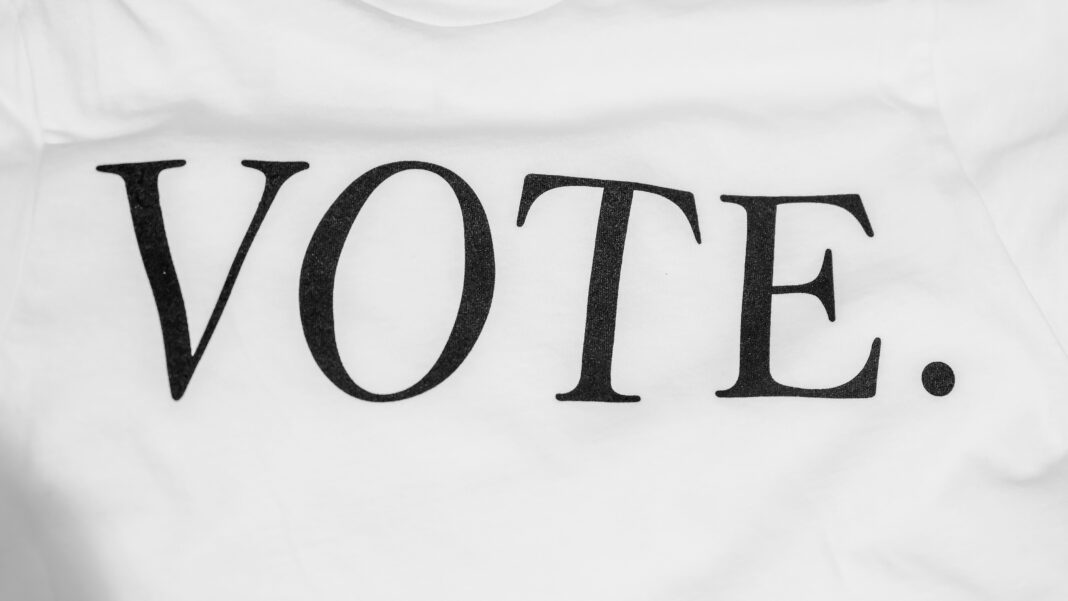Two weeks out from election day, and it feels like Canada is holding its breath. The 45th federal election, happening April 28, isn’t just about party platforms or campaign ads, it’s about who we trust to lead us through the mess we’re in right now. From unexpected political shakeups to rising tension with the U.S, things feel different this time. For once, national unity is actually at the center of the conversation.
Back in January, everything shifted. After nearly a decade in power, Justin Trudeau announced he was stepping down. There was real pressure from within the Liberal Party, plus a storm of backlash tied to foreign interference scandals and rising public frustration. Then came the surprise: Mark Carney, former Bank of Canada and Bank of England governor, was picked to replace him. He had never held elected office before, and yet within weeks, Carney became Prime Minister and the face of the Liberals’ new campaign.
Around the same time, U.S. President Donald Trump reimposed heavy tariffs on Canadian auto exports, 25%, targeting Ontario hard. He also made comments that rattled people, suggesting Canada was weak and even hinting that it should be brought into the U.S. fold. What started as another offhand “Trumpism” snowballed. Canadians took it seriously. Protests broke out. Social media lit up with the phrase “Elbows Up”, a reference to hockey fights, but also a sign people were fed up and ready to defend our country.
And then came the poll shifts.
At the beginning of the year, Pierre Poilievre’s Conservatives were leading by over 20 points. People were tired of the Liberals, the scandals, the housing crisis, the rising cost of living. But when Carney stepped in and took a hard line against Trump, people started paying attention. He wasn’t a typical politician. He came off more like a crisis manager, someone who could handle international pressure and financial chaos. The Liberals’ new slogan, “Canada Strong,” fit that mood. Polls now show the Liberals ahead, with around 43% support, while the Conservatives trail at 37%.
Poilievre, for his part, has tried to keep the campaign grounded in everyday concerns: crime, drugs, housing, the cost of groceries. He’s framed his message around “common sense,” promising tax cuts and smaller government. But Trump calling him “no friend of mine” during a Fox News interview made it awkward. Instead of using the U.S. tension as a platform, Poilievre had to spend days explaining that he wouldn’t be a puppet for Trump, even as he tried to distance himself from Trudeau-era policies.
Meanwhile, the NDP and Bloc are still playing their roles. Jagmeet Singh has tried to remind voters that his party fought for dental care and pharmacare through the Liberal confidence deal, and he’s pushed for more social housing and rent control. But with the Liberals rebranded and the Conservatives still strong in their base, Singh’s message hasn’t made major waves, and they are in threat of losing their official opposition status. The Bloc is doing what the Bloc always does: positioning themselves as Quebec’s defenders, especially now that federal-provincial tensions are rising again.
For younger voters, especially Gen Z, this election feels emotionally complicated. A lot of us are worried about climate change, about hate crimes, about how polarized everything is. But there’s also a sense of being stuck, like we’re always choosing between “not as bad” options rather than being excited about who’s on the ballot. Some are voting strategically to block one party, not necessarily support another.
Still, the stakes feel real. The U.S. isn’t just a neighbor anymore, it’s a threat to our economy and maybe even our sovereignty. The cost of living hasn’t magically dropped. Climate disasters are still coming. And this time, more than any election I’ve seen in my lifetime, people are talking not just about policies, but about who we are as a country.
No one knows how it’s going to go. Carney could be Canada’s steady hand. Poilievre could either deliver on change or deepen division. Singh could hold balance-of-power or fade into the background. But what matters is that people are watching, thinking, and , hopefully voting.
April 28 is coming fast. And the choice we make is going to echo long after the campaign signs come down. Get involved with your local campaign, and educate yourself on what matters.
Sources: 1

